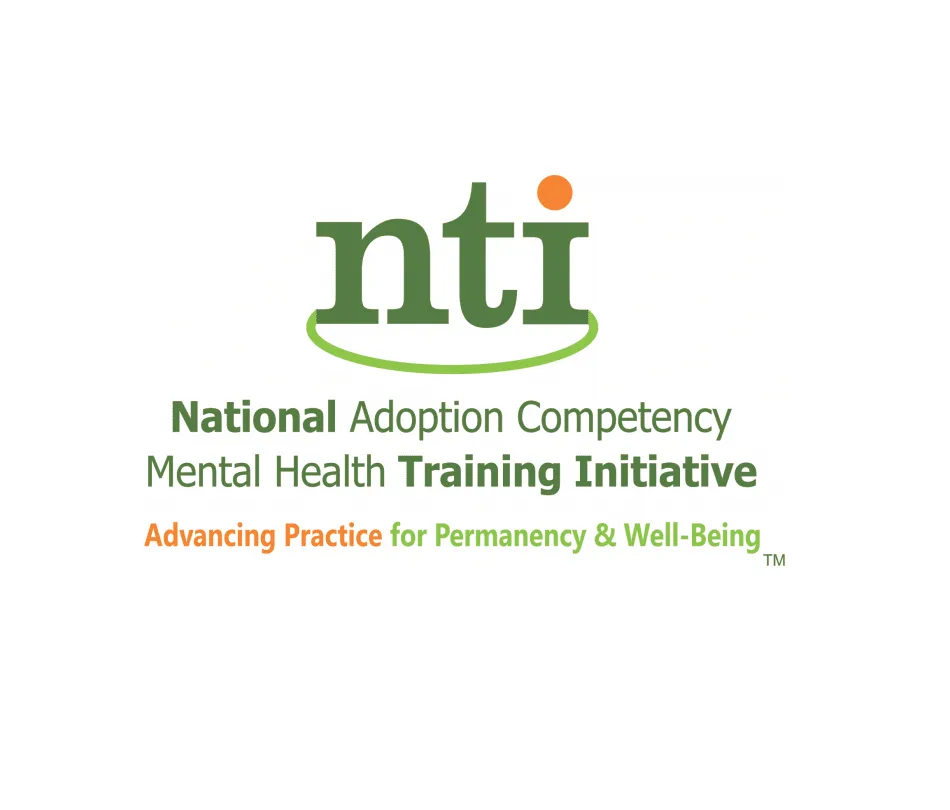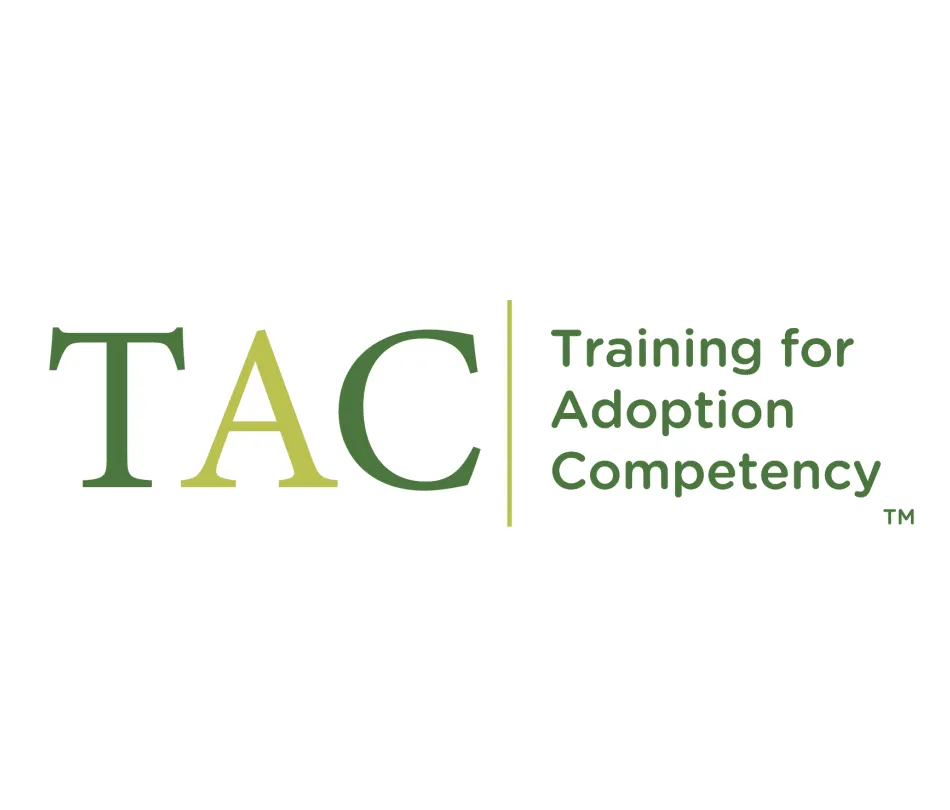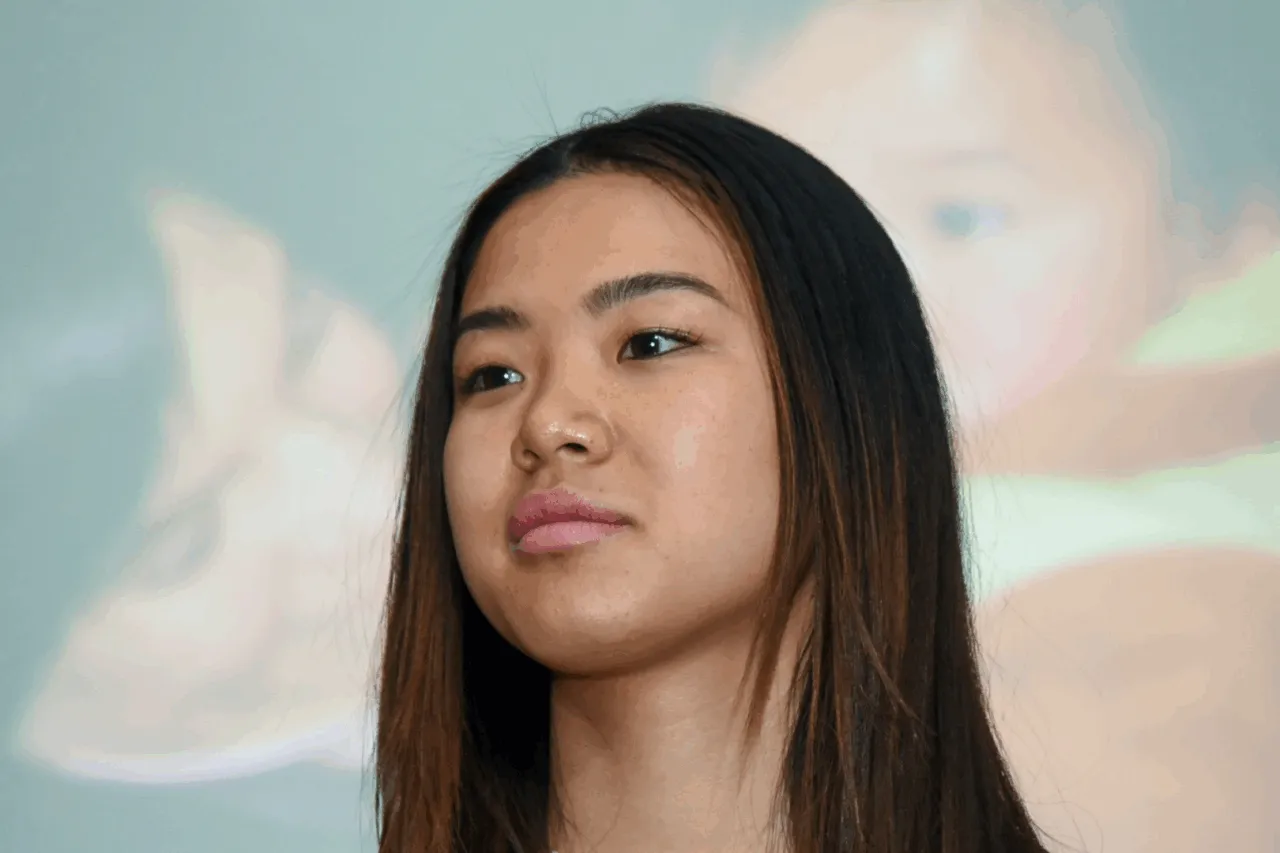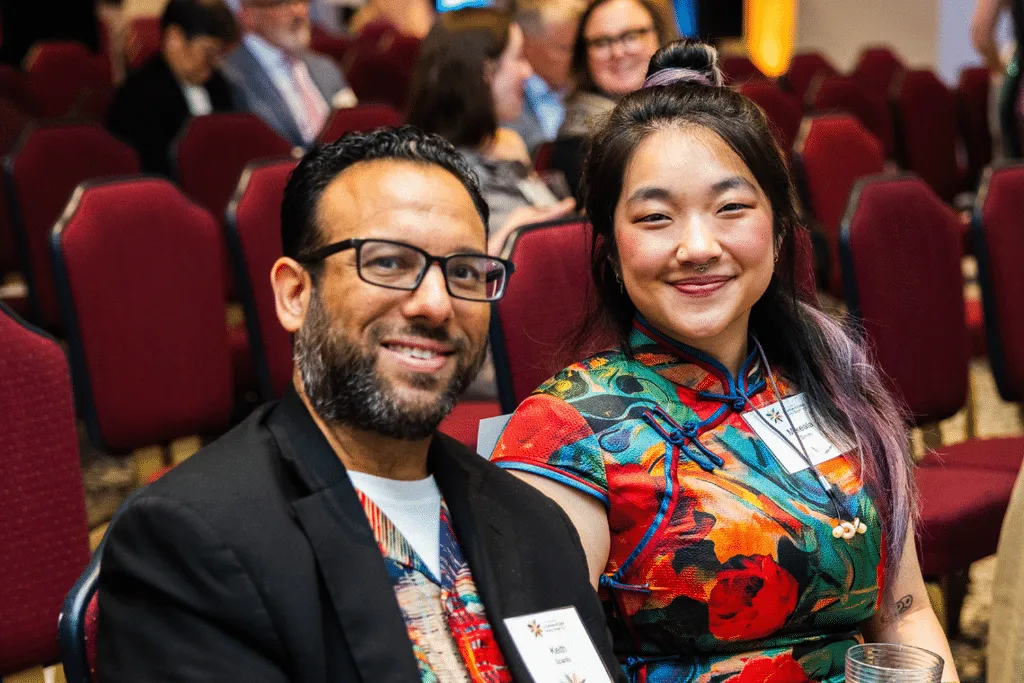The Holidays – An Opportunity for Loving Healing
The Holidays – An Opportunity for Loving Healing
Tis the season to be joyful but for many adopted children, the holiday season can be anything but jolly. Especially for children adopted at older ages, from foster care or internationally, feelings of loss and grief related to memories of holidays spent with birth family, previous foster families, or in orphanages, are likely to surface during this time.
Advertisements and commercials on various media platforms depicting happy family gatherings can create unrealistic expectations and put undue pressure on everyone, especially vulnerable children. Just as parents may experience holiday-related stress and anxiety, children may be as well, sometimes suffering in silence or exhibiting their distress in challenging behavior. In the busyness of the season, parents will have to take the time to slow things down, pay close attention to what may be happening for their children and talk with them about what they are feeling.
It is important to ask the children about their memories and their holiday traditions from the past. Be prepared that children may be feeling uncomfortable with new religious or holiday traditions and practices as they may be missing the ways in which they celebrated with their birth or foster families.
This was the first Christmas for 9-year-old Jamey in his new pre-adopt foster home. Jamey was removed from his birth family at age 6, and this was his second placement. Coming into the therapist’s office, the day after Christmas, he appeared to be sad and withdrawn. When his therapist asked him how his Christmas was, with tears in his eyes, he replied, ‘Blue.’ Jamey’s therapist and his pre-adopt mother exchanged puzzled looks. Requesting clarification, Jamey began to cry. He said, ‘Blue lights – only blue lights on a tin tree, not even a real green tree that smells like a tree – that’s not Christmas to me!! We always had a ‘real tree’ with multicolored lights.’ Jamey’s mother was shocked and upset to learn how something as simple as the tree could evoke such painful emotion. Jamey went on to give a detailed description of what Christmas had been like with his birth family. Having unburdened his sadness around the loss of his birth family, his mother knew what she had to do. That very same day, she bought the right tree with the right decorations! The new tree had its home in Jamey’s bedroom for several glorious weeks.
Helping children to express their painful feelings during this ‘happy’ season may feel counterintuitive to many adoptive parents. Many parents want desperately to make up for what their children may never have had by exposing them to the fun and presents. Parents can feel hurt, frustrated and bewildered when their adopted child responds with difficult behavior instead of gratitude.
Understanding what’s behind the behavior is key. A parent can say, ‘I notice that you seem out of sorts lately – fighting with your brother, ignoring my requests. You seem so unhappy. I am wondering if all this busyness and excitement is too much. I’m wondering if you are thinking about people you wish you could see.’
While many children may have difficulties sharing their toys and other possessions, six-year-old Roxanne’s refusal to share was isolating her from her siblings. Adopted from Russia at the age of four, she would not engage in reciprocal play. Never having had her own possessions in the orphanage, she was fearful of losing what she had or having her possessions hurt or damaged in some way. Roxanne’s parents worked patiently with her to help her overcome her fears by helping her to share her new presents, reinforcing that her toys belonged solely to her.
At C.A.S.E., we have seen children with very low expectations for the holidays. Some are afraid to ask for anything because, sadly, their experiences with the holidays have left them feeling that they should not expect much. Moved around from home to home, they have often lost what little they had. Some children are encouraged to make a holiday wish list – to think of at least three items they really want. Parents can tell them that they may not get everything on their list, but they will get some things. Children often need support and reassurance that they are worthy of receiving the joyful feelings, experiences and material goods that the holidays can bring. Especially during the holidays, it is very important that parents understand the complex feelings around the many losses that adopted children have experienced.
In addition to significant adults, losses may include birth and foster siblings, birth relatives, friends, neighbors, teachers, and houses of worship that are dearly missed. Reaching out in some way, if possible, to those people validates the significance of those relationships to the child.
Just as adults may think about the people who are not at the holiday dinner table this year, the children are also likely thinking about who is missing for them as well. Reminiscing together and sharing feelings and memories about the people who are not present brings everyone closer. And that is no small gift.
Past family traditions can be foremost in the children’s minds. Something as simple as incorporating former favorite holiday foods into their present holiday experience can be a significant way to bridge their past with their present and future. One family I worked with made a paper chain containing all the names of both birth and adoptive family members and hung it in their doorway for all visitors to see. Other families light special candles in memory of ALL loved ones not present, say special prayers, or make drawings of special memories.
These actions and activities serve to deepen the bonds between the child and their adoptive family. For families who have contact with birth and former foster families, parents may want to take advantage of holiday time to help their children connect with people who matter to their children.
Children can write letters, send emails, make phone calls, Zoom/Facetime, draw pictures, select presents to send, and when possible, help plan how to have a holiday celebration during a visit. Parents may worry that such contact will stir up feelings of loss and grief. If you are in doubt about whether contact will be helpful or harmful in helping your child process and cope with feelings of loss and grief during the holidays, I advise you to seek professional assistance. I remember the teen who had never had a Christmas tree and did not know what to do when invited to help trim it and another child whose birth family was often homeless and had no money to buy food or gifts, who felt guilty and overwhelmed by what she received from her new family. If you can embrace the fact that your child may have very different ideas about holiday traditions, and may have strong reactions to what is changing for them in their new families, you will be much better equipped to help them to enjoy this holiday season. If you or your child is facing any difficulties in foster care, pre or post-adoption, we are here to help. Contact us today.










